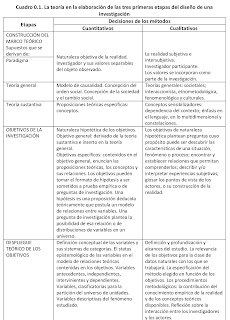Deleuze , Gilles; Guattari, Félix (1992): What is philosophy? (Introduction)
Introduction: The question then...
5
5-6
The
philosopher is the concept's friend; he is potentiality of the concept. That
is, philosophy is not a simple art of forming, inventing, or fabricating
concepts, because concepts are not necessarily forms, discoveries, or products.
More rigorously, philosophy is the discipline that involves creating concepts (…)
The object of philosophy is to create concepts that are always new. Because the
concept must be created, it refers back to the philosopher as the one who has
it potentially, or who has its power and competence. It is no objection to say that
creation is the prerogative of the sensory and thearts, since art brings spiritual
entities into existence while philosophical concepts are
also"sensibilia."In fact, sciences, arts, and philosophies are all
equally creative, although only philosophy creates concepts in the strict sense.
Concepts are not waiting for us ready-made, like heavenly bodies. There is no
heaven for concepts. They must be invented, fabricated, or rather created and
would be nothing without their creator's signature. Nietzsche laid down the task
of philosophy when he wrote,"[Philosophers]must no longer accept concepts as
a gift, nor merely purify and polish them, but first make and create them, present
them and make them convincing. Hitherto one has generally trusted one's concepts
as if they were a wonderful dowry from some sort of wonderland," but trust
must be replaced by distrust, and philosophers must distrust concepts they did
not create themselves.
6
We can at
least see what philosophy is not: it is not contemplation, reflection, or communication.
This is the case even though it may sometimes believe it is one or other of
these, as a result of the capacity of every discipline to produce its own illusions
and to hide behind its own peculiar smokescreen. It is not contemplation, for contemplations
are things themselves as seen in the creation of their specific concepts. It is
not reflection, because no one needs philosophy to reflect on anything. It is thought
that philosophy is being given a great deal by being turned into the art of reflection,
but actually it loses everything (…) Nor does philosophy find any final refuge in
communication, which only works under the sway of opinions in order to create "consensus"
and not concepts. The idea of a Western democratic conversation between friends
has never produced a single concept (…) Philosophy does not contemplate, reflect,
or communicate, although it must create concepts for these actions or passions.
Contemplation, reflection and communication are not disciplines but machines for
constituting Universals in every discipline.
7
Every creation
is singular, and the concept as a specifically philosophical creation is always
a singularity. The first principle of philosophy is that Universals explain nothing
but must themselves be explained.
(…) according
to the Nietzschean verdict, you will know nothing through concepts unless you
have first created them -that is, constructed them in an intuition specific to them:
a field, a plane, and a ground that must not be confused with them but that shelters
their seeds and the personae who cultivate them (…) To create concepts is, at the
very least, to make something. This alters the question of philosophy's use or usefulness,
or even of its harmfulness (to whom is it harmful?).

Comentarios
Publicar un comentario